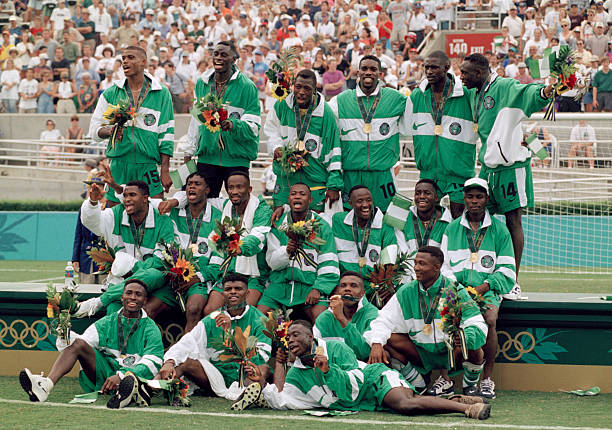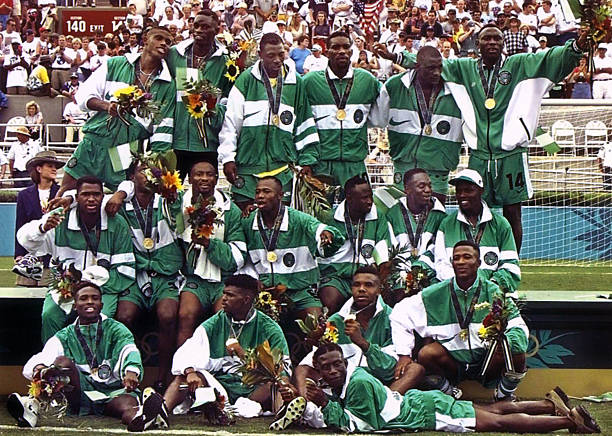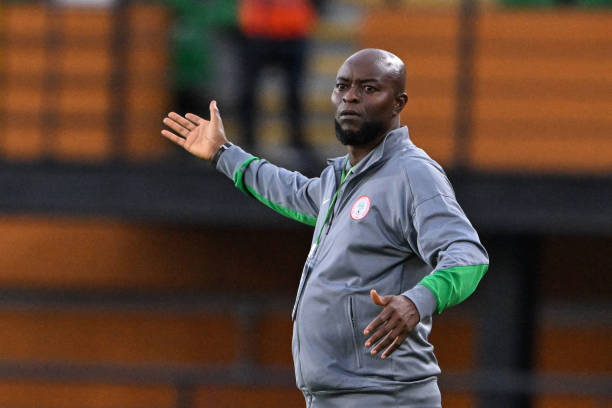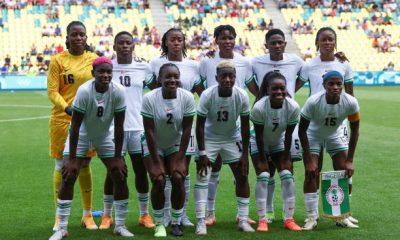
Nigerian football has long been a fertile ground for raw, untapped talent. In 2025, the landscape of Nigerian football talent scouting is undergoing significant transformations, driven by both governmental initiatives and private sector engagements.
This analysis looks into the current state of talent scouting in Nigerian football, listing key programs, challenges, and the path forward.

Governmental Initiatives and Regulatory Framework
Recognizing the need for structured talent development, the Nigerian government has taken proactive steps to regulate and enhance football scouting. In November 2023, the Minister of Sports Development, Senator John Owan Enoh, expressed commitment to reviewing proposals aimed at regulating the scouting system within Nigeria’s sports landscape. He emphasized the importance of ethical standards and equitable opportunities for aspiring young talents .
Senator Enoh stated, “Most people in the sector are concerned about the subject of the scouting process of our young men and women.” He highlighted the need to address the manner in which some athletes leave the country, often tied to exploitative contracts abroad.
He also highlighted The Ministries aim to foster a conducive environment for sports development, ensuring fairness, transparency, and professionalism in scouting practices.

FIFA Talent Development Scheme (TDS) and NFF’s Role
The Nigeria Football Federation (NFF), in collaboration with FIFA, has been instrumental in advancing youth talent development. Under the FIFA Talent Development Scheme (TDS), the NFF conducted a two-week training program in Abuja for the National U15 Boys, known as the Future Eagles.
Over 120 young players participated, showcasing their skills in line with FIFA’s global vision for improving national-team football.
Mr. Nasiru Jibril, head of the TDS delegation in Nigeria, emphasized the significance of the program: “The Talent Development Scheme is a project initiated by FIFA to benefit countries like Nigeria.” He noted that the initiative aims to prepare young players for future international competitions, ensuring a steady supply of talent for senior national teams.
Coach Patrick Bassey, Head Coach of Nigeria’s U15 team, praised the transparent recruitment process, stating, “In the selection of players, merit has been the key factor.” This approach ensures that every player scouted possesses talent, skill, and commitment, laying a solid foundation for the nation’s football future.

SUGGESTED FOR YOU
Nigerian Football: 5 Nigerian Football Legends
Regional Scouting Programs and Grassroots Development
Beyond national initiatives, regional programs have been pivotal in unearthing local talent. In Ijebu Ode, Ogun State, Best Talent Football Club organized a mega scouting program in February 2025, attracting top European scouts and club representatives. The event aimed to provide realistic opportunities for talented players to launch their careers in Europe.
Similarly, Lekki United unveiled a scouting program targeting youth players aged 17 to 19 at the Maracana Stadium in Ajegunle, Lagos. The initiative provided an opportunity for young talents to interact with FIFA-licensed agents, sport directors, and scouts from Europe, emphasizing personalized development plans for each player.
In Anambra State, a three-day trial held in Awka in December 2024 resulted in seven young football talents being selected for opportunities in European clubs. The trials, attended by European football professionals, showcased players from various local clubs, highlighting the depth of talent in the region.
Furthermore, the Grassroots Sports Federation of Nigeria (GRASOF) organized the Maiden Akwa Ibom State Football Talent Discovery in January 2025.
The program aimed to give young talented football pupils across the state’s 31 local government areas scholarships into a modern world-class sports academy, with top football intermediaries and FIFA-trained scouts selecting the best for the academy and the national under-15 team.

Private Sector Engagement and International Collaborations
The private sector has also played a significant role in Nigerian football talent scouting. The Pepsi Football Academy, established in 1992, has been a cornerstone in developing young footballers. With over 3,000 registered students aged between 6–18 years, the academy operates throughout the year from 14 separate training centers across Nigeria. Notable alumni include Mikel John Obi and Sunday Mba.
International collaborations have further enhanced scouting opportunities. The Nigeria Export Promotion Council (NEPC) organized a football talent hunt as part of its Youth for Export Programme. The initiative aimed to identify and develop young footballers with exceptional skills, nurturing them to become world-class players and promoting football as a viable career option for young Nigerians.

Challenges and the Path Forward
Despite these advancements, challenges persist in Nigerian football talent scouting. Issues such as unethical scouting practices, exploitation of young athletes, and lack of standardized regulations have hindered progress. The government’s commitment to enhancing scouting regulations is a step in the right direction, aiming to create a fair and transparent system that benefits all stakeholders.
Moving forward, a collaborative approach involving government agencies, football federations, private sector stakeholders, and international partners is essential. By fostering ethical scouting practices, investing in grassroots development, and providing structured training programs, Nigeria can solidify its position as a powerhouse in global football talent production.
Conclusion
In 2025, Nigerian football talent scouting is at a pivotal juncture. With concerted efforts from governmental bodies, football federations, private academies, and international collaborators, the nation is poised to harness its vast reservoir of football talent. By addressing existing challenges and building on current initiatives, Nigeria can ensure a sustainable and prosperous future for its football landscape.









